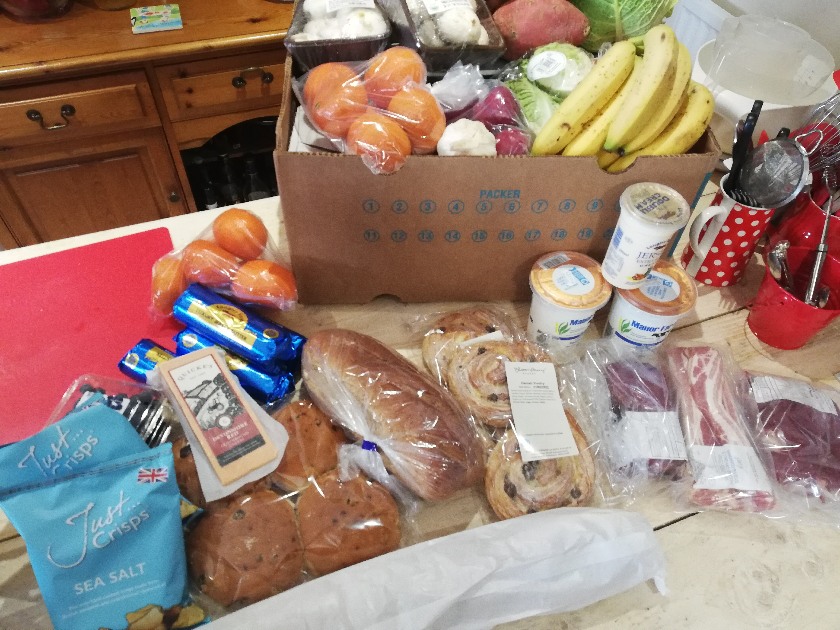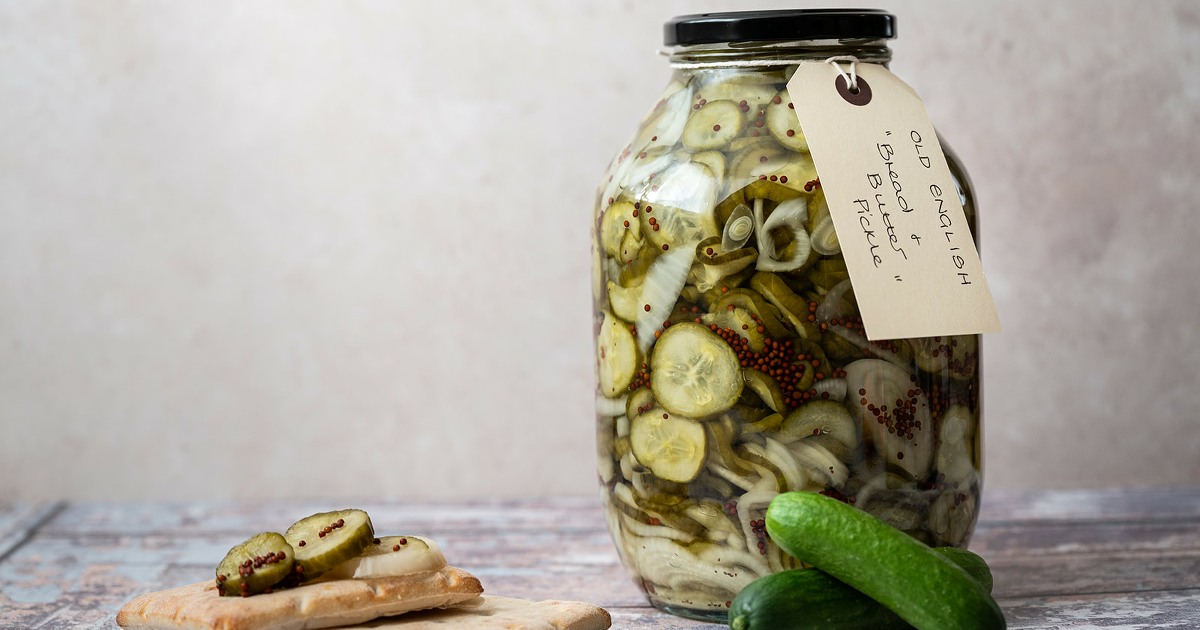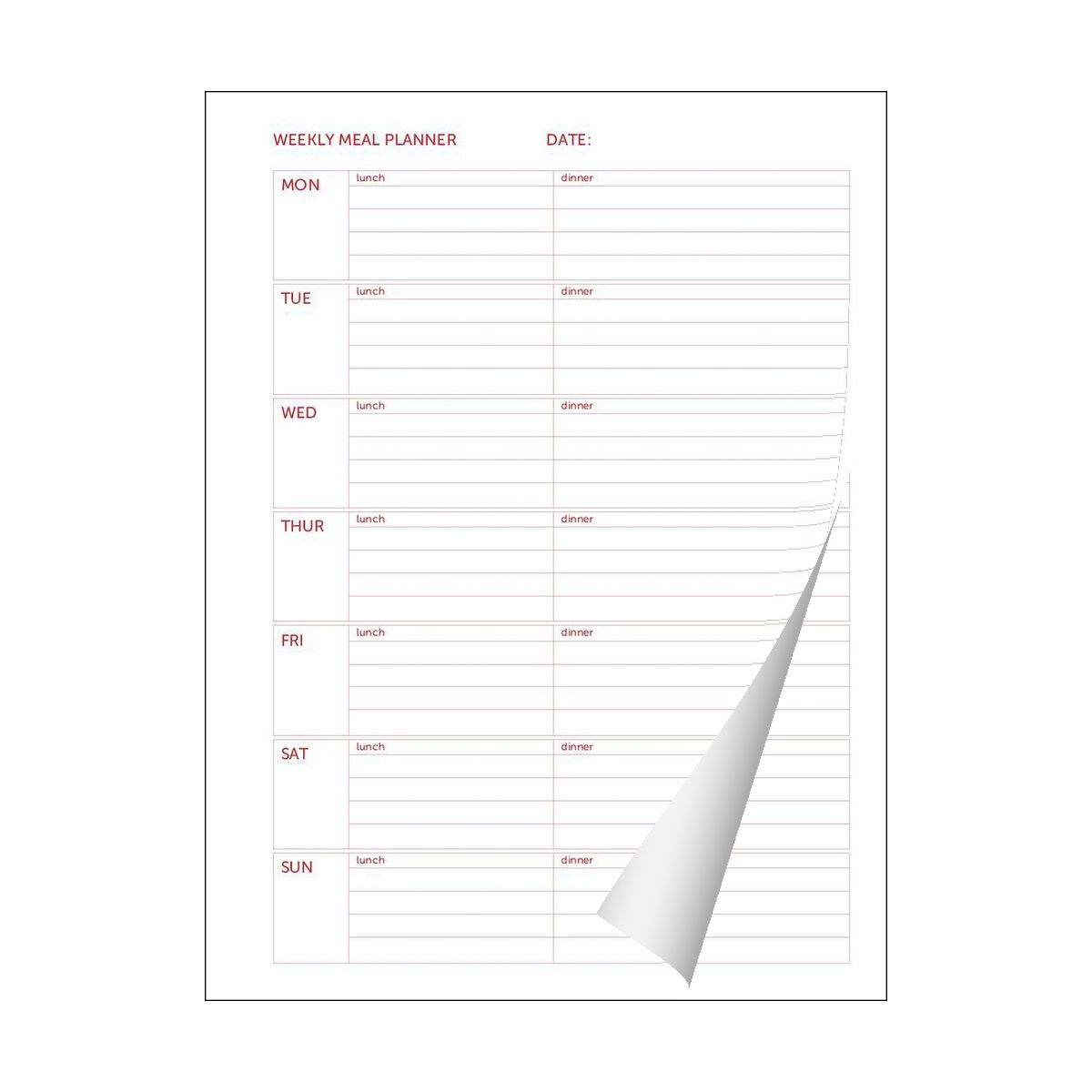For every minute spent organising an hour is earned
- Benjamin Franklin
Meal Planning
If you are always chasing your tail with yet another meal that has to appear only for it to be dispatched either in several thankless seconds or rejected with disdain - you need help!
Make some time to go through and fill up these Meal Planning Worksheets and it will be time well spent. Most people today would say they are time poor so anything that creates more time has to be worth looking at. You are going to examine what your shopping habits around the household are, work out if that is the most efficient way of doing things - could you save time? Your time. Could you save money?
Like many of us it is easy to get into habits, which while they may not be bad, are not the best but, like me, you may have thought that you just didn’t have time to do anything about it.
My mission is to show you an alternative way that could just provide a saving but also that elusive benefit of having more time to do something that you really enjoy without sacrificing anything.
What I will set out here is what I do, with the tools that I use. Naturally there are other companies, other ways, that will maybe fit your family preferences better. It doesn’t matter - it’s the principles that count. Your answers are for you own use - you will not be asked about them in detail by me unless you request this. It is a tool for you to use and you can update it as necessary. It will also be a useful discussion topic in our Preserving Workshops. Preserving is very much at the heart of saving waste, time and money.
Let’s begin at the beginning - you don’t have to be perfect, you just need to start.
Meal Planning Questionnaire
Your family
How many are you providing for?
Do you all eat together?
Are there special diets to cater for e.g. gluten-free, dairy-free not food preferences but things that have to be adhered to. Please list
Do you need to buy special ingredients for this?
When is the best time to schedule in for prep of bulk meals? Maybe 2-3 sessions per month or one per week?
Do you have a slow cooker?
Do you use it?
What regular commitments do you need to factor in to your meal planning e.g. work, music/sport/ swimming lessons - you need to mark these on the Meal Planning Sheets later on
Make a short list of the types of foods your family prefer eg chili, fish pie, roasts, pasta, pizza etc.
Generalise as much as possible. Think back to things that you like but perhaps don’t bother to make anymore - you may be surprised!
Daily Meals
Writing in pencil and using the Daily Meals Planning section ( link below ), with reference to the answers you have identified, fill up the Meal Planner marking in any special activities such as piano lessons or Rosie’s Preserving School Zoom workshop 😉 - that have to be worked around, first. If you know you won’t have much time available maybe enter a slow cooker meal or something that can be pre-prepped such as Lasagna, rather than getting a takeaway.
There is space for lunches as well as a main meal each day, plus a place for a few notes. Try to pay attention to the flow of the meals - can some leftover from the main meal be used in the packed lunches next day, as an example. It is so easy just to think that you will pop out and buy something for lunch but it is going to cost around £5 ish - £8 with a coffee and not be as good for you as something you have made. £8 per working day is £2000 a year.
Help is at hand - as we go through the Workshops for the Year in Rosie’s Preserving School and the Pressure Canning comes into it’s own, we will be covering things like soups which can be made in bulk and stored at ambient temperature.
On the Shopping List page list any ingredients you will need to buy ready for the prep days. Group together under the heading with the approximate amounts you will need for each recipe. You may have three amounts of minced beef, for example for cottage pie, bolognese and burgers but you can collate the separate amounts once the Plan is completed. Use your regular recipe books to look up amounts - if the recipe is for 4 and you are only cooking for 2 either make 1 and a spare or put it down twice during the month. You will soon work it out to your own preference.
Once you get familiar with this you only need to add in the odd new recipe per season because all of the work is done!
Shopping
BUY BETTER, BUY LOCAL, BUY LESS
Buy as much as you can without using supermarkets, search out local shops who will mostly offer delivery services and a better price if you buy in bulk - the local butcher or farm shop for example.
THIS WILL SAVE YOU MONEY
It will also keep more money in your community instead of paying it to a big conglomerate. That money will be spent locally and help the whole of the local economy.
Make out a comprehensive shopping list from your meal planner. Group foodstuffs together like meat, fruit & vegetables, dairy and then order from your preferred suppliers, local if possible. Being organised in this way means the food will go further because there will be very little waste. You will only buy what you need and going back to our mince analogy, instead of buying three separate packs of pre-packed meat you will buy the weight you need. Previously you may always have had too much for one recipe but not enough to make something else with. Will you use up the leftovers? If you buy enough mince for 4 mince based meals you may be able to stretch it to 5.
RESULT! One extra meal into the home food bank towards next month = saving money!
Like me, you may find a Farm Shop that will deliver - order each week exactly what you need. Order one item, like the mince, that you can batch cook to store. Buy dry goods like pasta, rice, dried fruits, seeds, flours etc, in bulk, online.
Laundry items, cleaning products, toilet rolls, toiletries and chemist items can all be ordered online.
RESULT! More time for you, less cost driving to the stores, no impulse buying, security for you and yours that you have what you need and don’t run out. Keep an Inventory of what you have. It takes a bit of time to set up but it will be invaluable with your shopping list and help to prevent under/over buying. Make sure that you rotate supplies to use them up regularly.

Delivery Costs
Keep an eye on delivery costs but don’t expect it for free. IT DOES HAVE A COST! If someone says free delivery you can bet the cost has been added into the product, especially recently. If it grieves you to pay it maybe do a little experiment.
Make a list of the number of trips you make to stores and shops. Include the parking fees. How many miles? Back in 2018, the last survey, the cost of running a small family car was estimated to be £162 per month. That’s another £2000 p.a. How much of your precious time is taken up - what else could you be doing instead? All that walking around the supermarket filling up your trolley with things you probably don’t need, emptying it onto the checkout, loading the trolley again, out to the car in all weathers, unload the trolley again into the boot, drive home, unload the boot and take indoors and THEN, put it all away!
I have one weekly delivery from the Farm Shop - you can watch a video in The School of me unpacking a typical week. I have averaged the cost over the last 6 months and for two of us it is £102.11/week which is £7.29/day/person. This figure includes items I have bought to demonstrate in my Workshops & Demonstrations. Don’t misunderstand me - I could economise on this - I could feed us on £2-3/ pp/day but I am fortunate that I don’t need to - at the moment. This average figure also doesn’t show just how many bulk meals I have made that are stored at ambient temperature for the future - approximately 3 months worth at a conservative estimate.
Conclusion
We will return to this subject throughout the Workshops but I just have another few words of advice.
GROW AS MUCH AS IS PRACTICAL: a few herbs - on the windowsill, in the garden, keep close to the house
tomatoes in pots - look for outdoor varieties - as many as you can manage - grow pots of Basil alongside
sow cut and come again salad leaves in a big pot and keep by the door - pick a few leaves for lunch or a salad for dinner - fresh whenever you want them
perpetual spinach - three or four seeds in your flower beds or a grow bag, they will last well into the Winter and again, you can just pick the leaves you need. Pick regularly to keep it growing
TRY NOT TO EAT PROCESSED FOOD:
the less you eat it, the more you won’t want to
COMPARE PRICES WITH THE SUPERMARKET:
they may seem to be cheaper but you are prey to special offers - which often aren’t
the coffee shop - you + one/two others is another £20 gone probably
impulse buys - especially if there is a home/garden/clothes/toys section AND you have kids in tow!
I challenge you to go into any supermarket for bread/milk and come out having spent less than £30. If you take in a trolley it will be more like £70 with precious little to show for it.
RESULT! More time, more money, better food!
Get It Done!
Don’t be a martyr!
Get the family involved
Explain what you are doing and why and ask for suggestions - they are much more likely to invest in the project if they are involved. Ask them to take responsibility for some aspect - it will stand them in good stead when they leave home.
Get them involved in the prep and cooking on your bulk meal making sessions. Younger ones will love making labels to go onto the packs.
Finally, be absolutely sure before throwing anything away or into the compost that it cannot be used for anything else. Use what we have learned in our Workshops - make clean peelings into Vegetable Stock, apple peelings to make cordials and herb jellies, part packs of herbs into herb salts etc.
RESULT!


